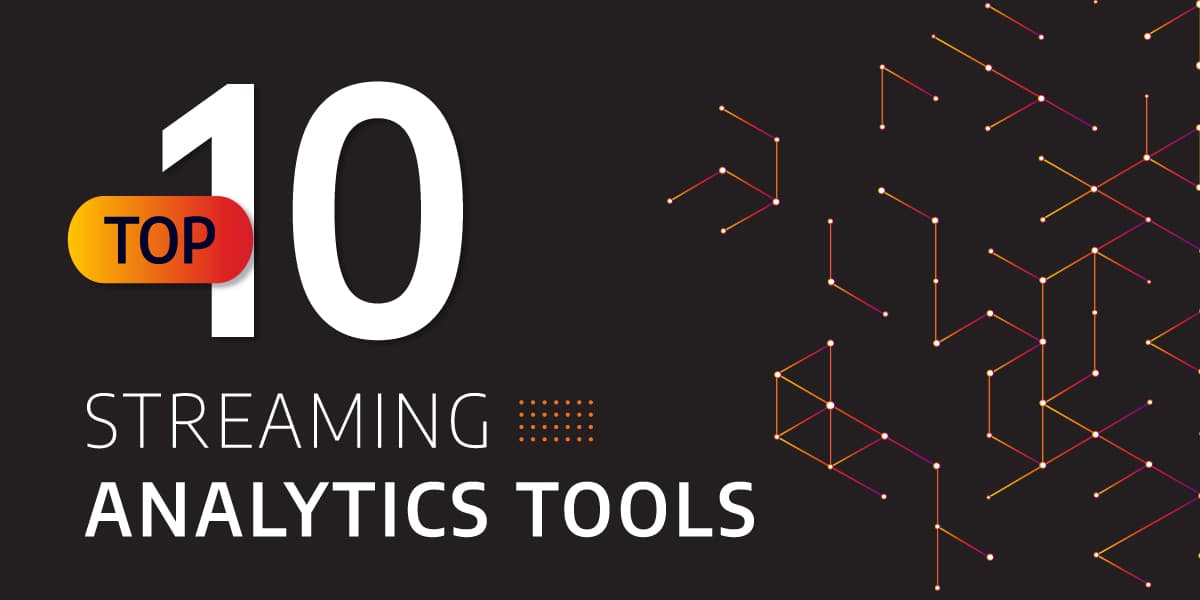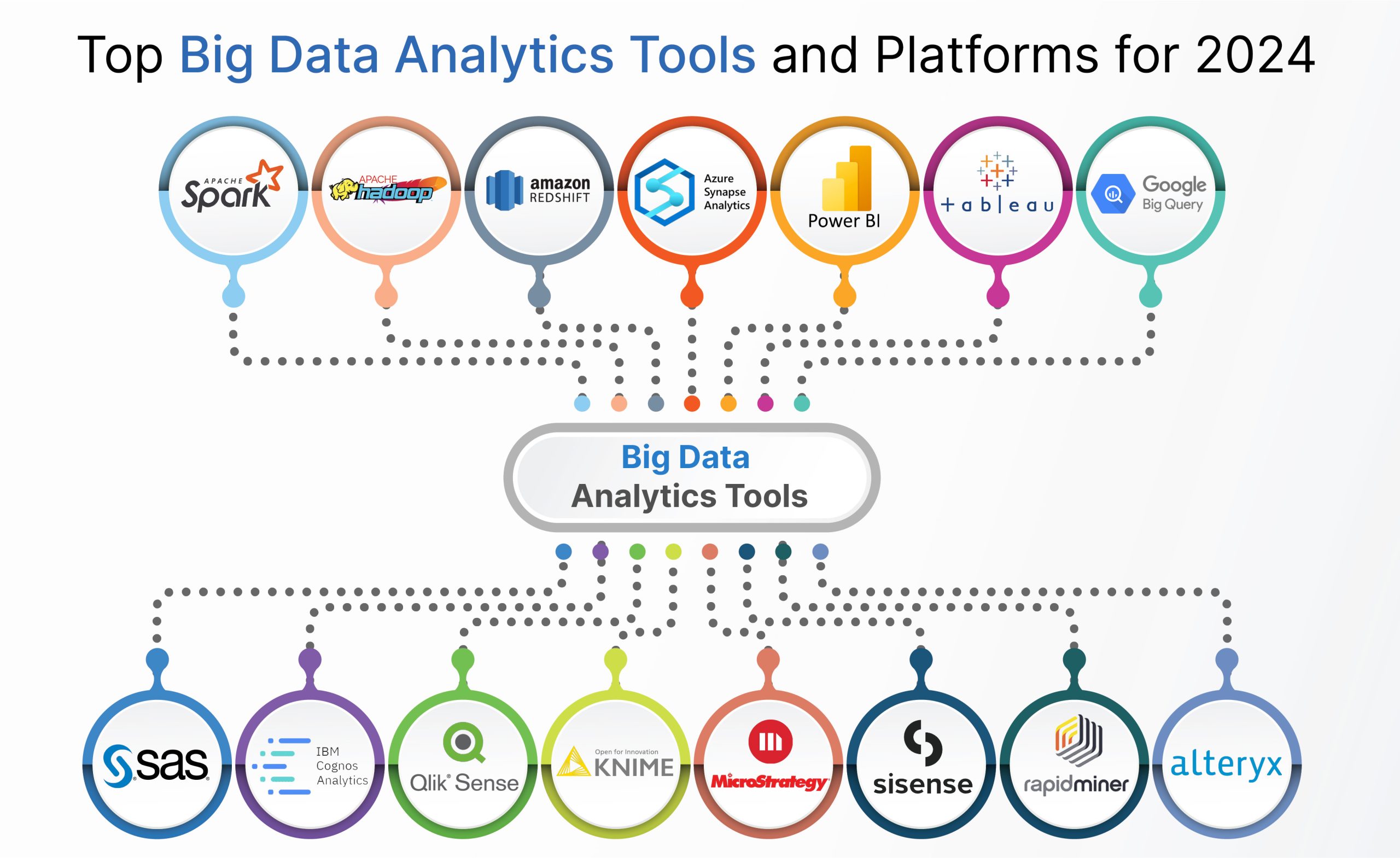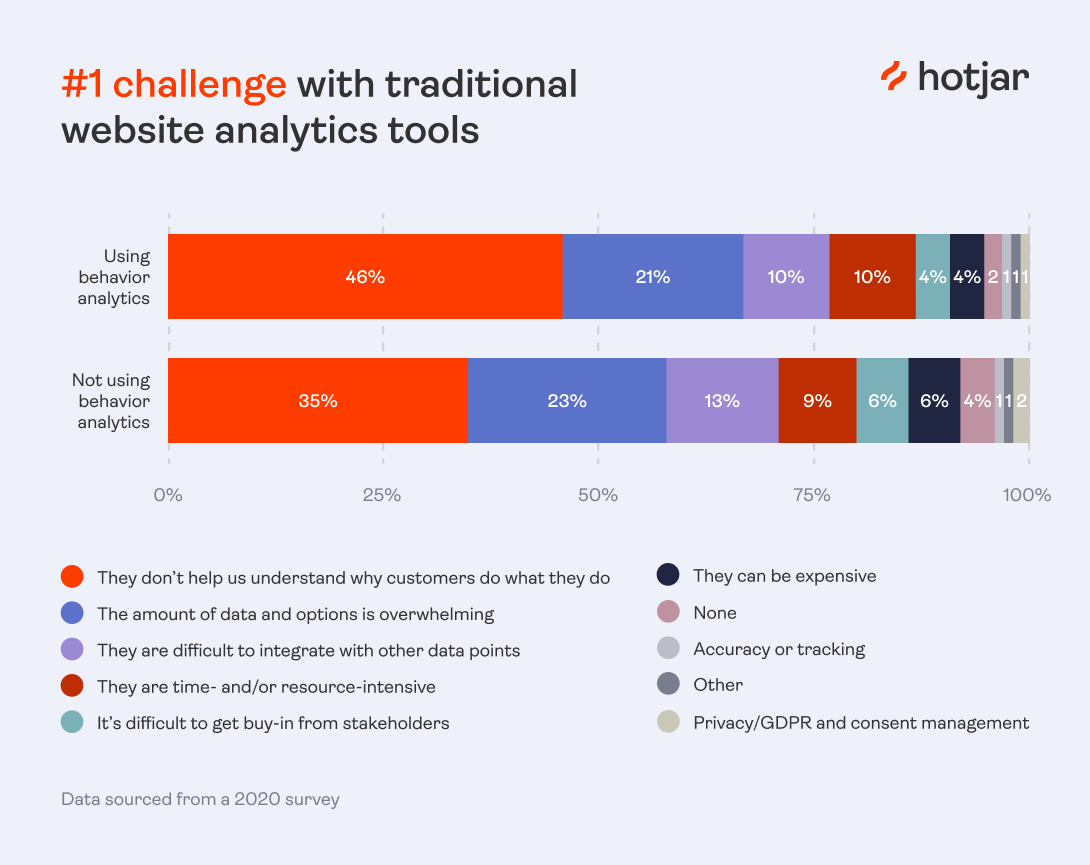Make Best Use Of Growth: How Analytics Drive Better Approaches
In today's data-driven landscape, companies progressively recognize the crucial function of analytics fit efficient growth strategies. By using data understandings, services can refine their functional approaches, prepare for market modifications, and boost client engagement. Nonetheless, the challenge exists not only in gathering data however in effectively translating it to drive tangible results. As we discover the key advantages and techniques related to analytics, an essential question emerges: exactly how can companies ensure they are leveraging these insights to unlock their complete capacity? The answer might redefine the future of critical preparation.
Comprehending Data Analytics
Data analytics is a methodical computational evaluation of information that makes it possible for companies to reveal meaningful patterns and insights. This process encompasses a variety of techniques, including statistical analysis, predictive modeling, and data mining, which collectively intend to transform raw information right into workable details - Analytics. By using these methodologies, companies can make enlightened choices that are rooted in empirical proof instead than instinct alone
The foundation of data analytics depends on its ability to deal with large quantities of info from varied sources. This consists of structured data, such as databases, and disorganized data, consisting of social networks communications and consumer responses. Through making use of specialized software application and tools, experts can remove and refine this information efficiently, determining fads and connections that may not be immediately evident.
Comprehending information analytics likewise entails recognizing the importance of data top quality and honesty. Accurate and trusted data is important for significant evaluation; thus, organizations need to execute robust data administration techniques. The repetitive nature of analytics allows for constant refinement and enhancement of strategies, making sure that organizations continue to be nimble in the face of transforming market characteristics and customer habits.
Key Benefits of Analytics

One of the key advantages of analytics is its ability to offer actionable insights. Organizations can promptly analyze large quantities of data, discovering patterns that may not be instantly apparent.
An additional considerable advantage is boosted consumer understanding. Analytics tools allow businesses to section their audience, track consumer habits, and customize advertising efforts. This targeted technique not just enhances consumer involvement yet likewise drives greater conversion prices.

Implementing Analytics Strategies
To completely realize the benefits of analytics, companies should take on structured strategies for application. This begins with plainly specifying goals that line up with more comprehensive business goals. By establishing get more particular, quantifiable outcomes, companies can concentrate their analytics efforts on locations that produce the highest possible return on financial investment.
Following, organizations must focus on information administration to make sure the stability and safety of the data being assessed. This entails establishing procedures for information collection, storage, and accessibility while adhering to relevant regulations. Making certain top quality information is critical for generating meaningful understandings.
In addition, fostering a culture of data-driven decision-making is crucial. This requires training workers to translate analytics searchings for and motivating cooperation site across departments. They are much more likely to incorporate insights right into their daily procedures. when groups comprehend the worth of analytics.
Lastly, companies ought to on a regular basis examine and fine-tune their analytics methods. The landscape of information and technology is consistently advancing, and remaining versatile will enable organizations to take advantage of brand-new devices and methods effectively. By executing these organized techniques, organizations can take full advantage of the effect of their analytics campaigns and drive lasting development.
Tools for Efficient Evaluation
Reliable analysis depends on a range of tools that help with the extraction of understandings from data - Analytics. These devices can vary from easy spreadsheet applications to sophisticated device discovering systems, each serving a special function in the analytical procedure
Information visualization software program, such as Tableau and Power BI, plays an essential role in transforming complex datasets right into understandable graphical depictions. These devices make it possible for analysts to recognize patterns and fads promptly, allowing for even more educated decision-making.
Statistical evaluation software program, like R and SAS, supplies sophisticated capacities for performing comprehensive analyses, consisting of regression, hypothesis screening, and anticipating modeling - Analytics. These attributes equip organizations to attract significant verdicts from their data, identifying possible opportunities and risks
Additionally, data source administration systems such as SQL and NoSQL databases give the required infrastructure for saving and querying large volumes of data successfully. They ensure that information is organized and easily accessible for evaluation.
Finally, company intelligence systems incorporate numerous data resources, giving a detailed sight of business performance. By utilizing these devices check my source effectively, businesses can enhance their logical capacities, enabling them to develop methods that take full advantage of development and enhance total performance.
Study of Success
Effective companies usually utilize information analytics to drive impactful approaches, as evidenced by several notable situation researches. By using these insights, Netflix has effectively customized its material suggestions, resulting in enhanced individual involvement and customer retention.

Additionally, Starbucks utilizes data analytics to determine optimal store areas and improve its product offerings. By analyzing customer demographics and acquiring patterns, Starbucks successfully recognizes high-potential markets and tailors its food selection to local preferences, driving sales and client loyalty.
These study show that effective use of information analytics can result in strategic advantages, fostering development and growth within organizations across numerous sectors.
Conclusion
To conclude, the assimilation of analytics into business approaches considerably boosts decision-making procedures and fosters sustainable development. By leveraging data-driven understandings, organizations can identify fads, anticipate market changes, and enhance operations. The reliable execution of analytics devices better sustains dexterity and advancement, allowing organizations to browse affordable landscapes with higher accuracy. Eventually, a dedication to analytics not only drives instant performance improvements yet additionally secures long-term success in an ever-evolving industry.
Data analytics is a systematic computational analysis of data that allows organizations to uncover meaningful patterns and insights.Understanding information analytics additionally involves acknowledging the importance of information high quality and stability. Precise and reliable information is important for purposeful evaluation; therefore, organizations should carry out robust data governance techniques.Next, companies must prioritize data governance to make certain the integrity and safety of the data being assessed.Successful organizations often leverage information analytics to drive impactful strategies, as evidenced by numerous remarkable situation studies.